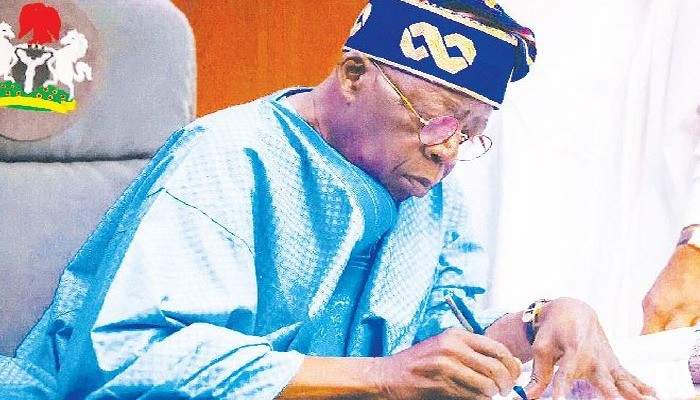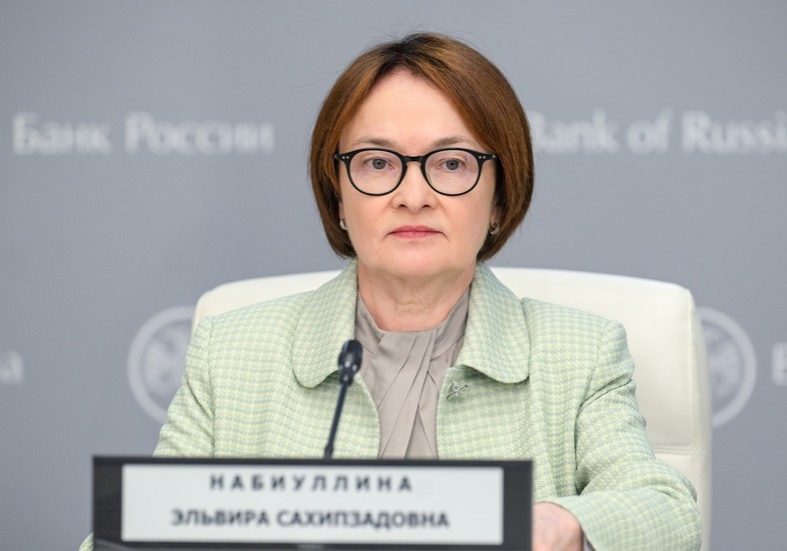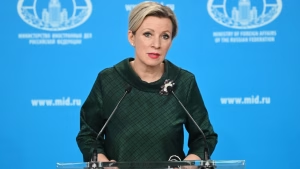The Federal Government of Nigeria is gearing up for a significant financial move by enlisting the expertise of top global investment banks for its upcoming Eurobond issuance. Citibank NA, JPMorgan Chase & Co, and Goldman Sachs Group Inc. are among the banks tapped to guide this venture, along with Standard Chartered Bank and Chapel Hill Denham.
This Eurobond issuance, the first since 2022, signifies Nigeria’s re-entry into the international bond market after a two-year hiatus. The country raised $1.25 billion through Eurobond issuances in March 2022, and now aims to accumulate up to $1 billion in international loans throughout 2024.
The move is crucial for Nigeria as it seeks to finance a substantial budget deficit outlined in President Bola Tinubu’s N28.8 trillion spending blueprint for 2024. The deficit, totaling N9.8 trillion, is expected to be bridged through local and international borrowings, as well as assistance from global financial institutions.
President Tinubu, who took office in May 2023, has been actively pursuing policies to attract foreign investment into Nigeria. These initiatives include devaluations of the naira, narrowing the disparity between the Central Bank’s policy rate and government securities yields, and the elimination of fuel subsidies.
In a related development, the Federal Government plans to borrow N450 billion from its third FGN bond auction of 2024. This figure is significantly lower than the N2.5 trillion target from the previous month’s bond auction. The auction is set for March 18, 2024, with a settlement date of March 20, 2024, and includes three different bonds.
In 2023, the Federal Government raised about N5.49 trillion through FGN bond auctions to finance the budget deficit. In January 2024, approximately N418.197 billion was raised from four bonds, and in February 2024, N1.49 trillion was realized from two FGN bond offers.
With the budget deficit for 2024 set at N9.18 trillion, the Federal Government is poised to continue borrowing from the domestic market to meet its financial obligations. This strategic approach underscores Nigeria’s commitment to economic stability and growth in the face of fiscal challenges.









